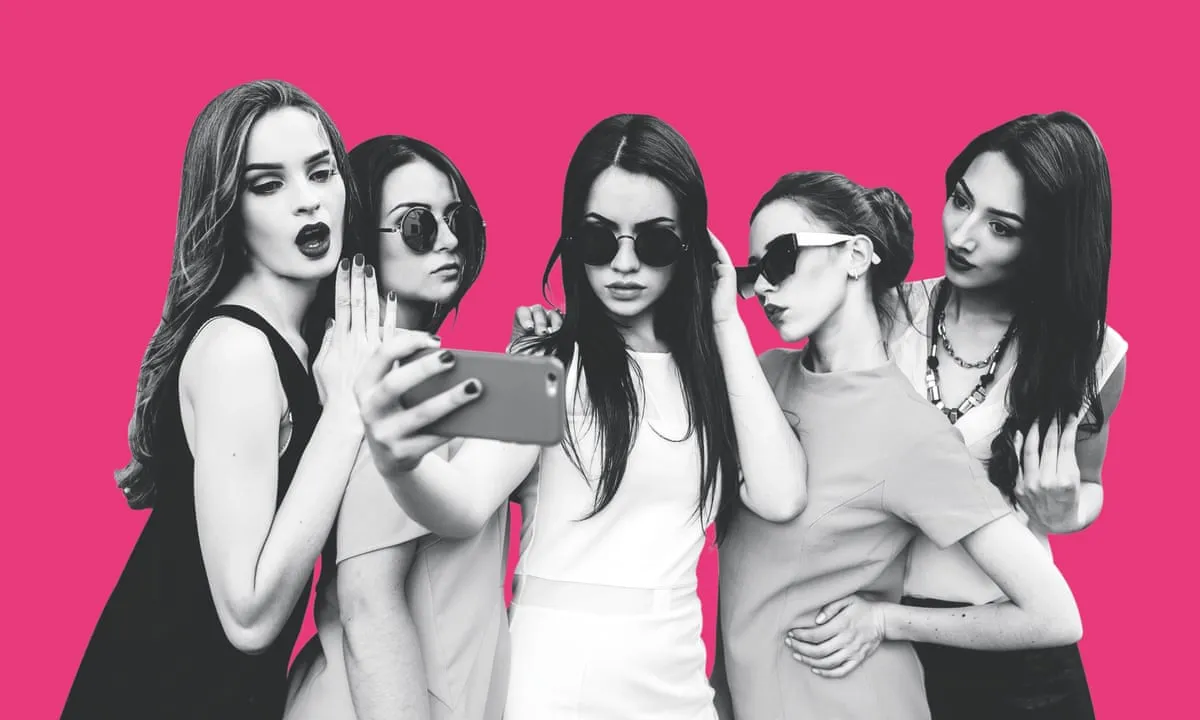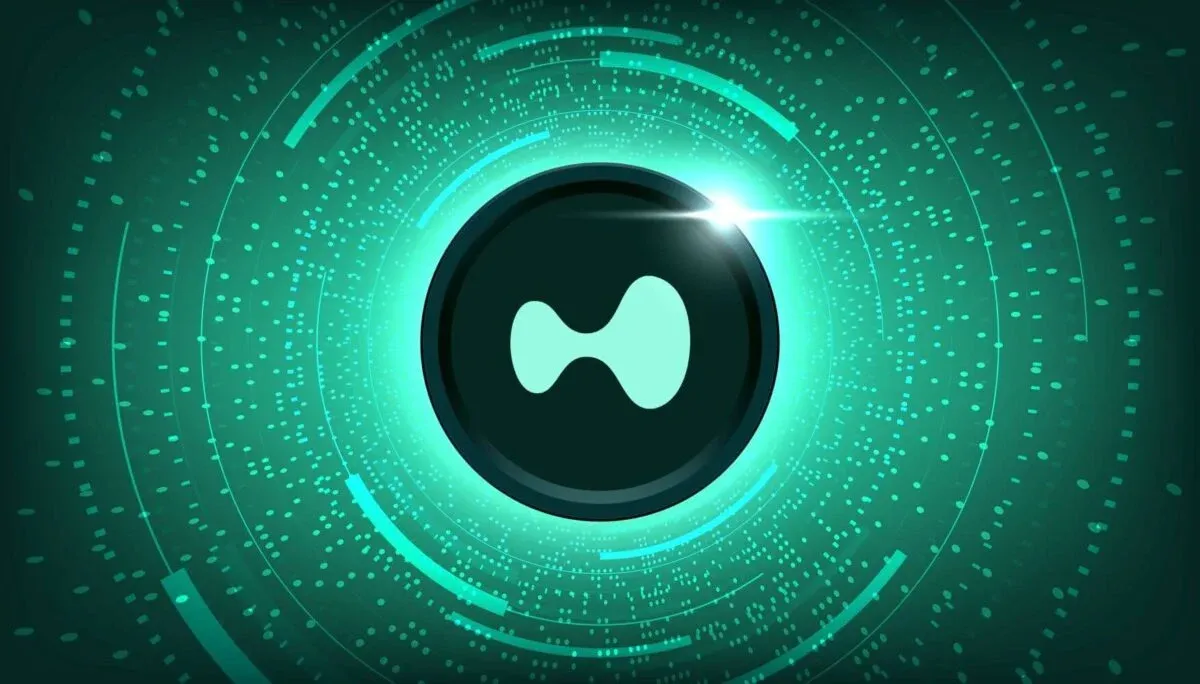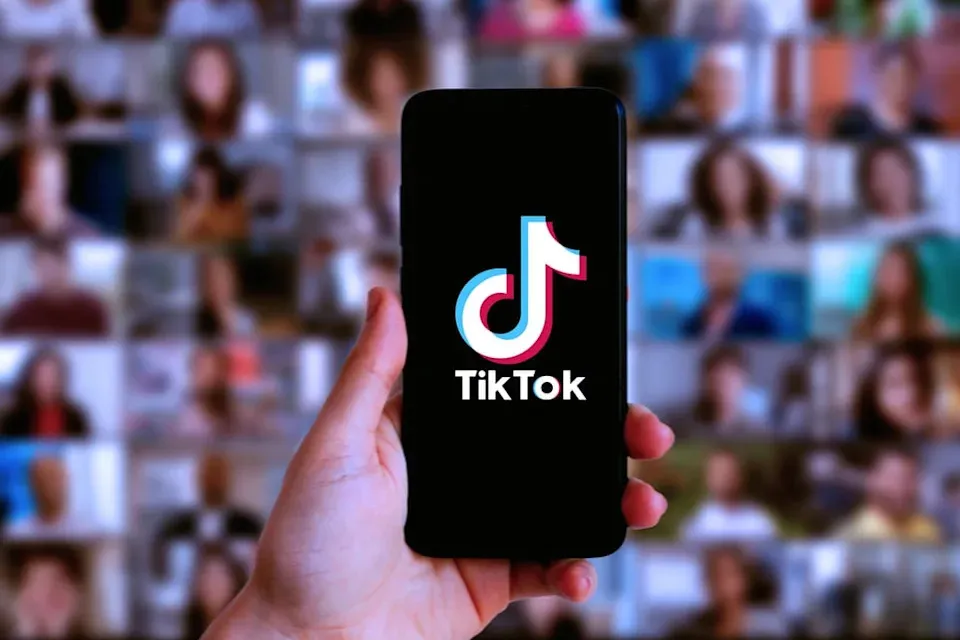Influencer Economy 101: How Self-Branding Replaced Self-Awareness
There was a time when people aspired to self-improvement. Now they aspire to self-monetization. In 2025, identity has become a business strategy, and authenticity is a subscription model.
According to Bloomberg, the global influencer economy is now worth $250 billion, larger than the GDP of most countries that still produce tangible goods. The BBC calls it “the industrialization of personality.”
Everyone with a camera and a Wi-Fi connection has a niche, wellness gurus, productivity coaches, crypto philosophers, dog therapists, and a man in Dubai who reviews luxury pens. Each one is a brand. Each brand is a mirror.
The Guardian noted that “influencers no longer sell products; they sell proximity to their curated selves.” What used to be called narcissism is now called engagement.
In this economy, being interesting is optional. Being visible is not.
From Personality to Product Line
The influencer revolution began with a promise of authenticity. It ended with discount codes.
Bloomberg Intelligence reports that 78 percent of influencers now describe themselves as “micro-entrepreneurs.” That means they post, promote, and pivot between brands faster than a hedge fund in panic mode. The product doesn’t matter; the persona does.
The Wall Street Journal profiled a lifestyle influencer who built a following of two million by promoting “organic minimalism.” Her latest collaboration was with a fast-fashion retailer. When asked about the contradiction, she replied, “Authenticity evolves.”
This logic defines the modern digital economy. Audiences no longer expect consistency. They expect content. The Guardian observed that “the algorithm rewards enthusiasm, not integrity.”
Meanwhile, traditional advertising is fading. Reuters reported that major brands are shifting 40 percent of marketing budgets toward influencer partnerships, often bypassing agencies entirely. The BBC calls it “outsourced human relatability.”
Even corporations now mimic influencer tactics. Banks have TikTok channels. Pharmaceutical firms launch wellness challenges. Oil companies post “sustainable lifestyle tips.” The line between influencer and institution has blurred. Both rely on the same strategy: sell the illusion of sincerity.
Bloomberg calls it “emotional capitalism”, a market where feelings are monetized, and personal narratives are optimized for conversion rates. In this system, self-expression is not freedom; it is labor.
As one digital strategist told The Guardian, “We used to ask, ‘Who am I?’ Now we ask, ‘What’s my engagement rate?’”
The Myth of Authenticity and the Rise of Algorithmic Identity
The influencer economy runs on a paradox: the more you perform authenticity, the less of it remains.
The BBC reports that influencers spend an average of three hours a day editing their “candid” content. Morning routines are filmed in the afternoon. Emotional confessions are scheduled posts. Vulnerability is optimized for reach.
A study by The Wall Street Journal found that 63 percent of influencers admit to feeling “severe identity confusion.” Their personal lives are their product, but their product requires constant calibration. One wellness coach told Bloomberg, “Sometimes I have to remind myself if I’m actually happy or just filming happiness.”
Platforms encourage this confusion. Algorithms reward emotional volatility, dramatic stories, high-contrast photos, and moral certainty. The Guardian described it as “the gamification of the self.”
Influencers are no longer people; they are characters in their own brand franchises. They measure self-worth in clicks and redemption arcs. A controversy can be catastrophic, or a career move.
When one influencer was caught fabricating charity donations, her apology video received more views than her previous three months of content combined. As Reuters dryly noted, “Scandal has replaced marketing as the most reliable growth strategy.”
AI has made the performance even stranger. Bloomberg reports that several companies now operate “virtual influencers”, computer-generated personalities with synthetic voices and flawless ethics. They never age, never sleep, and never get canceled. One of them, a fictional fashion model, recently signed a seven-figure brand deal with a cosmetics company.
Humans cannot compete. They are too inconsistent, too emotional, too real.
The BBC summarized the shift: “Authenticity has become an aesthetic. Reality is now an editing choice.”
The Monetization of the Mirror
The modern influencer economy is not about expression, it is about extraction.
Bloomberg calculated that the average influencer partnership yields a 650 percent ROI for brands. The secret lies in intimacy. Followers are not customers; they are communities that feel like friendships. Every purchase feels personal.
The Wall Street Journal described it as “commercial trust laundering.” Consumers believe they are supporting a person, not a corporation. They are wrong. The influencer is both.
Even ordinary people are joining the economy. The Guardian reports that 40 percent of Gen Z students now aspire to be full-time content creators. Careers in medicine, engineering, and teaching are seen as quaint. Fame is the only scalable skill.
A 19-year-old micro-influencer told Reuters, “I’m not trying to change the world. I’m trying to trend.”
Platforms encourage this ambition. Every app now offers monetization tools, turning casual users into entrepreneurs of attention. Likes are currency. Followers are assets. Existence itself is venture capital.
Yet the burnout rate is brutal. Bloomberg found that half of full-time creators quit within three years due to mental exhaustion or declining engagement. Many describe the same symptoms once found in factory workers: anxiety, fatigue, and a sense of being replaceable.
One former influencer told the BBC, “When you turn your life into content, you stop living it.”
Still, the machine keeps running. Corporations need faces, algorithms need data, and audiences need distraction. The influencer economy thrives because it sells the most addictive product on earth: validation.
Conclusion
The influencer economy has turned identity into infrastructure. Every opinion, selfie, and confession is potential capital.
Bloomberg calls it “the commodification of authenticity.” The Guardian describes it as “a culture where sincerity is simulated, monetized, and renewed weekly.”
In this ecosystem, self-awareness is a liability. To question your brand is to risk breaking it.
The result is a society fluent in self-promotion but illiterate in reflection. People no longer ask, “Who am I?” They ask, “Who is watching?”
As one marketing professor told Reuters, “The difference between performance and reality used to be an ethical question. Now it’s an analytics metric.”
The influencer economy is not about people influencing others. It is about algorithms influencing everyone. We are all brands now, curated, optimized, and slightly exhausted.
And somewhere beneath the filters and sponsorships, the real self waits, blurry and untagged, hoping the algorithm never finds it.





Recent Comments